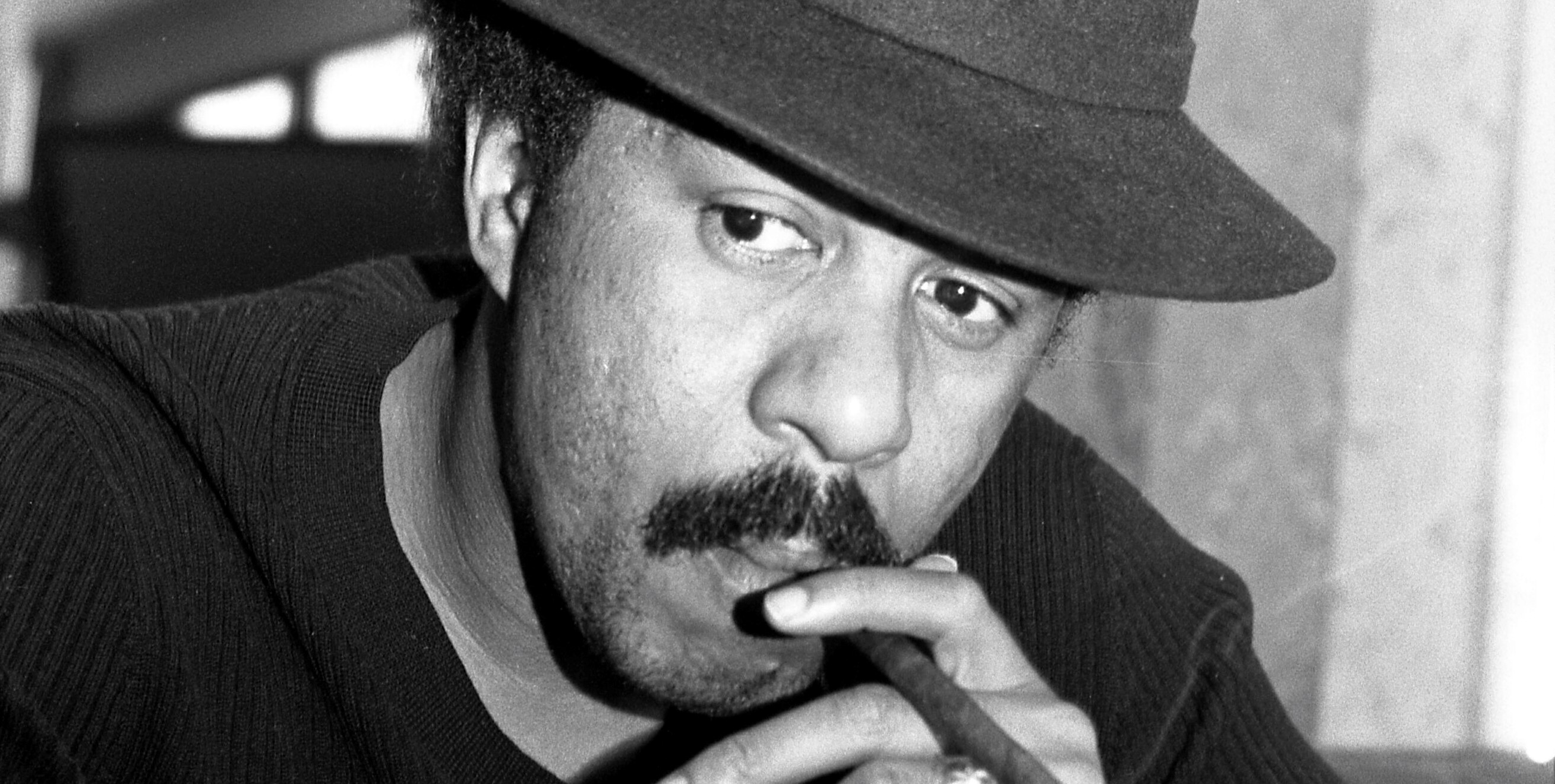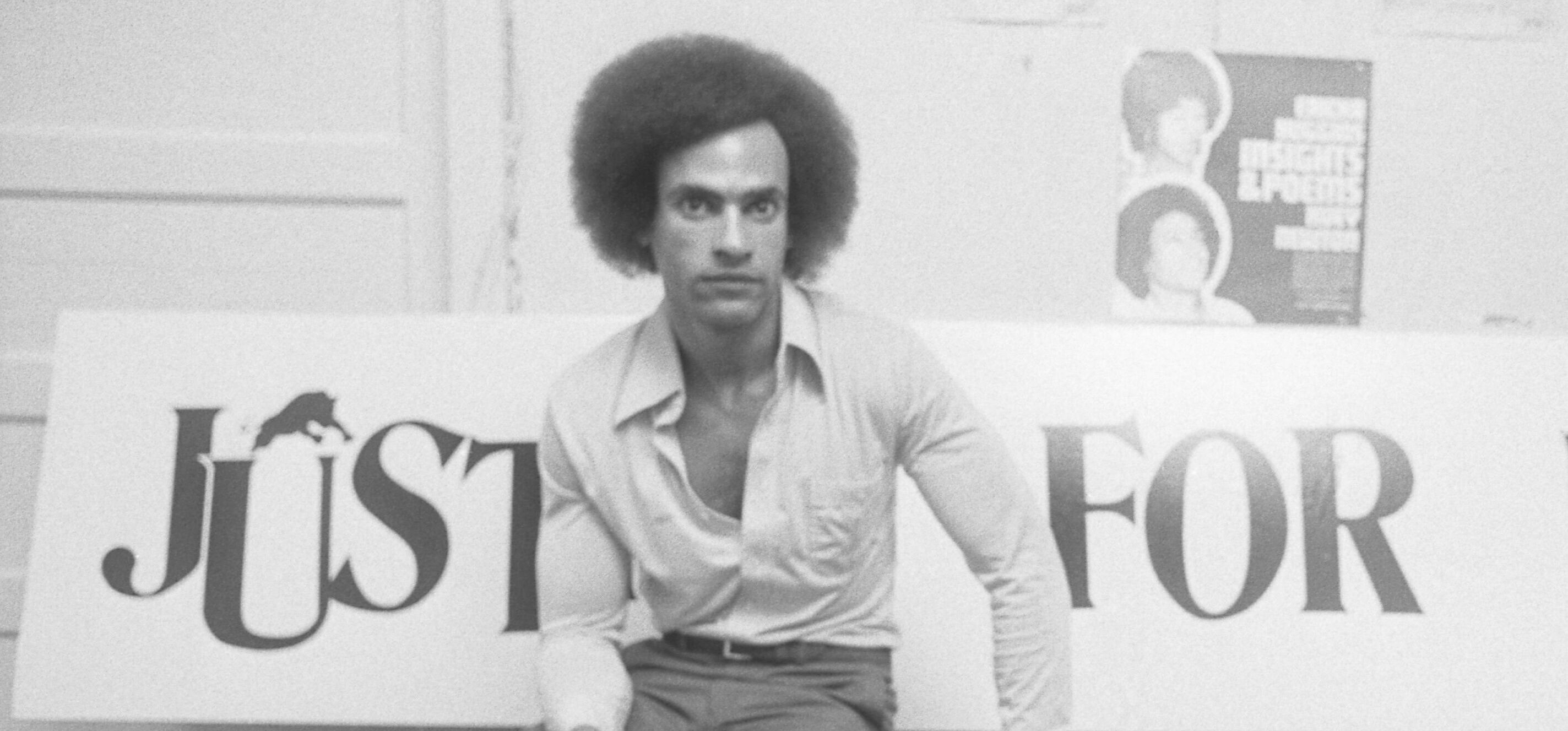Apple TV+’s biographical series ‘The Big Cigar’ opens a window into the friendship between the Black Panther Party’s co-founder Huey P. Newton and the celebrated performer Richard Pryor. When Huey gets introduced to the world of Bert Schneider, a big-shot Hollywood producer, Pryor helps him get settled in the same. Their friendship gradually grows when the political leader tries his best to escape from the United States to Cuba. Pryor even guards Huey from a couple of police officers while the “fugitive” calls his father to check in on the latter’s health. In reality, as the show depicts, Huey and Pryor shared a warm relationship!
The Friendship Between the Icons
Huey P. Newton and Richard Pryor, two icons who defined their generation, became acquainted with each other through Paul Mooney, a writer and actor who wrote for the latter when he was active as a stand-up comedian. Huey was Mooney’s “old high school pal,” and the acquaintance gradually became a long-lasting friendship. The Black Panther Party co-founder’s life played an integral role in motivating the actor to support the cause of the Black Power movement. The fatal shooting of John Frey led Huey to a trial, which caused an immense stir in the community.

In the wake of Huey’s legal proceedings, the Black Panther Party sought Pryor’s support, only for him to donate to the organization generously. The actor went on to perform a benefit for the Afro-American Black Peoples’ Federation and headline a Congress of Racial Equality fundraiser at the renowned Apollo Theater in Chicago, Illinois. As years passed, Huey and Pryor became friends and spent time together at the residence of Bert Schneider, the Hollywood producer who helped the Black Panther to flee to Cuba using the guise of a film production. In the 1980s, the trio even considered making a biographical film about Huey, with Pryor slated to portray the politician.
Kate Coleman, who wrote extensively about the Black Panther Party, discussed one of Huey, Pryor, and Schneider’s meetings in a feature she wrote for Salon. The journalist wrote that Huey distanced himself from the Black Panther Party in the 1980s and sought solace in Schneider’s house to write a screenplay about his life. Pryor used to join the two men as the actor who had been preparing to play his friend in the movie in development. However, the plan to make the film was abandoned when the actor set fire to his face and scalp while “free-basing.” Even though the incident sounds outrageous to be true, such happenings were common whenever Huey and Pryor met.
In his autobiography ‘Pryor Convictions: And Other Life Sentences,’ Pryor wrote about another encounter with Huey. “Huey and I met at a party in Oakland and then did cocaine in my hotel room. As we got high, the Black Panthers’ minister of defense got angry because his woman was coming on to me and I didn’t tell her to stop,” penned the actor. The duo talked about spending time in prison, only for Huey to get provoked by Pryor’s words. The predicament ended with the politician punching the actor. “It could’ve been messy. Both of us were high, we had guns, and we were out of our minds. Fortunately, I decided my best move was to watch as Huey grabbed his woman and marched out of my room,” Pryor added.
Having said that, Huey and Pryor generally cherished a warm relationship. The Black Panther leader was present in the audience when the comedian delivered a stand-up performance at the Terrace Theatre in Long Beach, California. Jeff Margolis captured the performance as the legendary film ‘Richard Pryor: Live in Concert,’ which was selected by the Library of Congress for preservation for being “culturally, historically, or aesthetically significant.” When Pryor introduced Huey, the politician half stood and waved to the crowd. However, Margolis couldn’t shoot Huey since he was not informed of the latter’s presence for him to place a camera aimed at the audience.
Even though Huey and Pryor were friends, the actor’s biographers regard the former as the latter’s “teacher.” “He [Pryor] learned from whoever could provide him inspiration, whether it was a garrulous wino on the street or a drama teacher at a community center, whether Jerry Lewis or Bill Cosby, Huey Newton or Mel Brooks,” wrote Scott Saul in ‘Becoming Richard Pryor.’
Read More: Martin Gordan: Ex-Black Panther Member is Still Serving His Community Today


You must be logged in to post a comment.